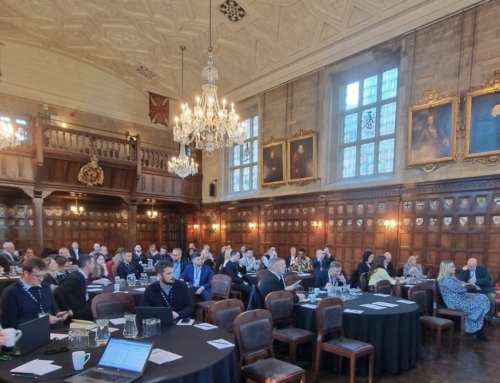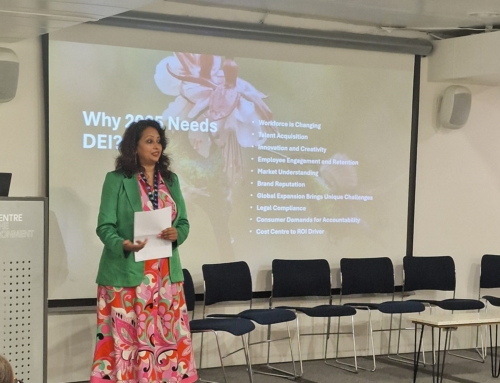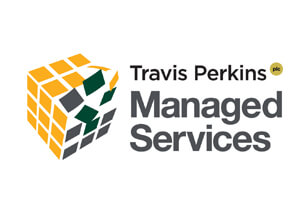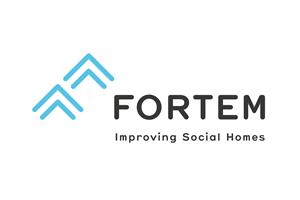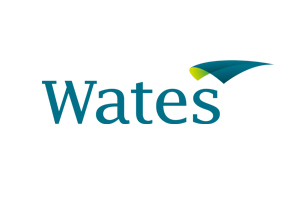Recruitment and retention explored in Competence and Conduct group
What are the issues with recruitment and retention in the social housing sector and how do we overcome them? For the third session of our new Competency and Conduct programme, facilitated by Debbie Larner, we were joined by Rosie Poole, Director at Howells Solutions, Georgina Joy, HR Advisor and Laura Waite, Alliance Homes, Olivia Withers, Recruitment Manager and Jason Gorin, People Director, Ian Williams, and Hayley Clifford, Net Zero Development Learning Manager at Wates to explore this and more in light of the new standard.
How did we get here?
Debbie set the stage by identifying recruitment and retention as a “strategic risk” impacting construction, housing maintenance and the development aspect of social housing. Factors such as Brexit, an aging workforce and the sector’s reputation were cited as critical hurdles. With nearly 36% of housing associations reporting increased staff turnover in the past year, the UK is facing an “alarming skills gap.” By 2032, over 565,000 tradespeople are projected to retire, deepening the shortage unless immediate action is taken.
Opportunities and solutions: What do the experts think?
Rosie shared her thoughts, offering the perspective of a recruitment agency. She emphasised that in a challenging labour market, value-based recruitment is essential. “We need to look beyond traditional qualifications and focus on transferable skills,” she said, citing successful examples where former cabin crew, paralegals, and ex-military personnel transitioned into roles such as resident liaison officers, site managers , and safety officers. Poole also advocated for job-sharing models to attract a wider range of candidates and highlighted the need to promote the sector within schools and community groups, stressing that ultimately, there is a need to “make construction sexy again”.
The group then explored the perspective of a housing authority with insights from Georgina and Laura, HR Advisers at Alliance Homes. They highlighted that while technical skills are crucial, behavioural competencies are essential for success. Alliance recently altered its hiring practices to prioritise this, which helped reduce employee turnover from 23% to 16.2%. Flexibility, clear performance frameworks, and a cost-of-living bonus are among the strategies it has implemented to improve staff retention and support career progression for its employees.
We then explored the value of apprenticeships with Recruitment Manager Olivia Withers and People Director Jason Gorin of Ian Williams. The property services provider currently has 143 apprentices and is committed to developing a sustainable pipeline of talent. In 2025, the company also plans to launch a Trainee Operations Management Programme, which is aimed at transitioning tradespeople into management roles. Overall, its retention rate is now at 79%, consistently trending upwards, a direct response to the changes that have been made within Ian Williams. When speaking of the challenges in recruitment, Olivia stressed “it’s not an Ian Williams issue, it’s an everyone issue”, and reminded the sector of the importance of working together and learning from each other to help plug the skills gaps, support employees, and increase retention. Olivia and Jason also spoke of the business’s trainee surveyor programme, and described how it is supporting employees to gain additional qualifications.
The importance of development opportunities
At the end of the session we were joined by Hayley Clifford, Net Zero Development Manager at Wates, who explored how the business’s initiatives such as early career pathways, fixed term placements and apprenticeships have been helping it to plug the skills gap and recruit and retain more talent. What unites all of these programmes, explained Hayley, is their opportunities for bespoke development – whether it’s a buddy scheme, placements, mentors or gaining more visibility to the board, those enrolled can gain exposure and develop their professional skills in the right way for them. From Hayley’s talk, it was clear that the issue of recruitment and retention is here to stay. When discussing the challenges in the sector, Hayley stressed that “we need to treat this like a national campaign to get people to want to work with the sector” – where do we sell ourselves short, and where can we work harder to make our roles more attractive?
She also explained that Wates’ efforts to attract talent form part of its retention strategy, with company rewards and benefits, learning and development opportunities and flexible working options all supporting the retention of employees in the business. Wates will also continue to look for more opportunities to attract people from different backgrounds into construction, stressing that a construction background isn’t always essential for some roles, which can help make it easier to diversify the sector and onboard new recruits.
Read next: Learning and development focus for Competency and Conduct programme





